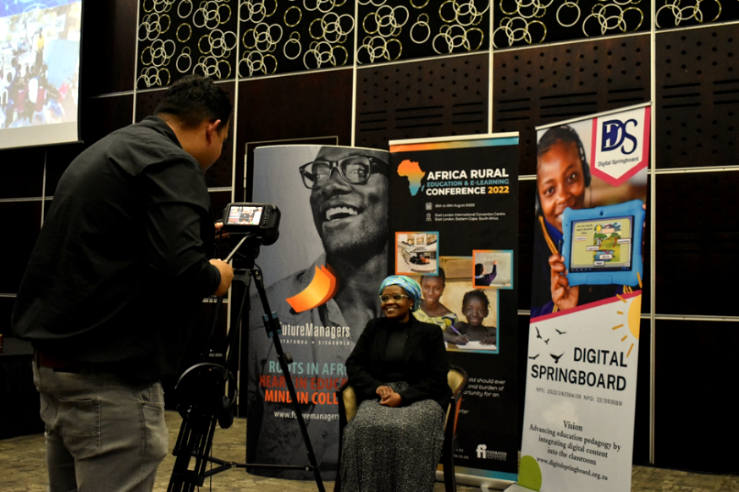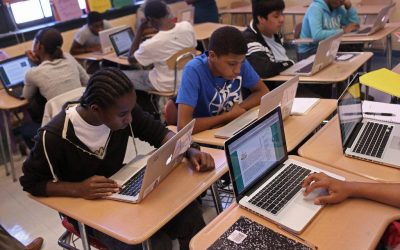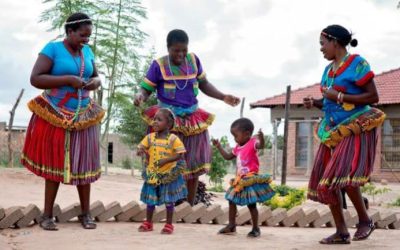The Rural Education Conference was opened by Rev. Amos Fetsha who leads the Directorate of Rural Development and Agrarian Reform in the Eastern Cape. The Rev challenged the audience to engage and embrace the need for new perspectives, asking outright “is rural education different?” and if so why?
If resources and efforts were put into reforms for rural communities to receive a strong education rooted in knowledge of the concrete jungle and the green economy would issues such as provincial migration be easier to manage? Would it be possible to decrease the risk of food security within our communities? Would our children value the land, not yet harvested?
Seeped in a rich heritage of education that has given rise to strong leadership such as Govin Mbeki, Robert Sobukwe, Nelson Mandela and Mangosuthu Buthelezi, the Eastern Cape is 80% Rural.
In this province with leaking roofs, no running water, no electricity and dangerous ‘pit toilets’, children attend school daily. Sitting in classroom of 40 plus, learners await teachers to lead them to greatness.
As delegates shared and listened it became clear that solutions for rural communities required more insight and understanding into the daily lives of the people within.
Offline mobile driven education resources although affordable for to a greater majority, are still out of reach for most rural households. Concerns around infrastructure constraints, the shrinking pool of qualified teachers and the 4th industrial revolution left delegates with a lot to ponder.
Take note the Eastern Cape showed a commendable turnaround during COVID with an overall improvement in matric pass rates pulling it into 7th overall ahead of Limpopo and the Northern Cape. The appetite for education is evident.







